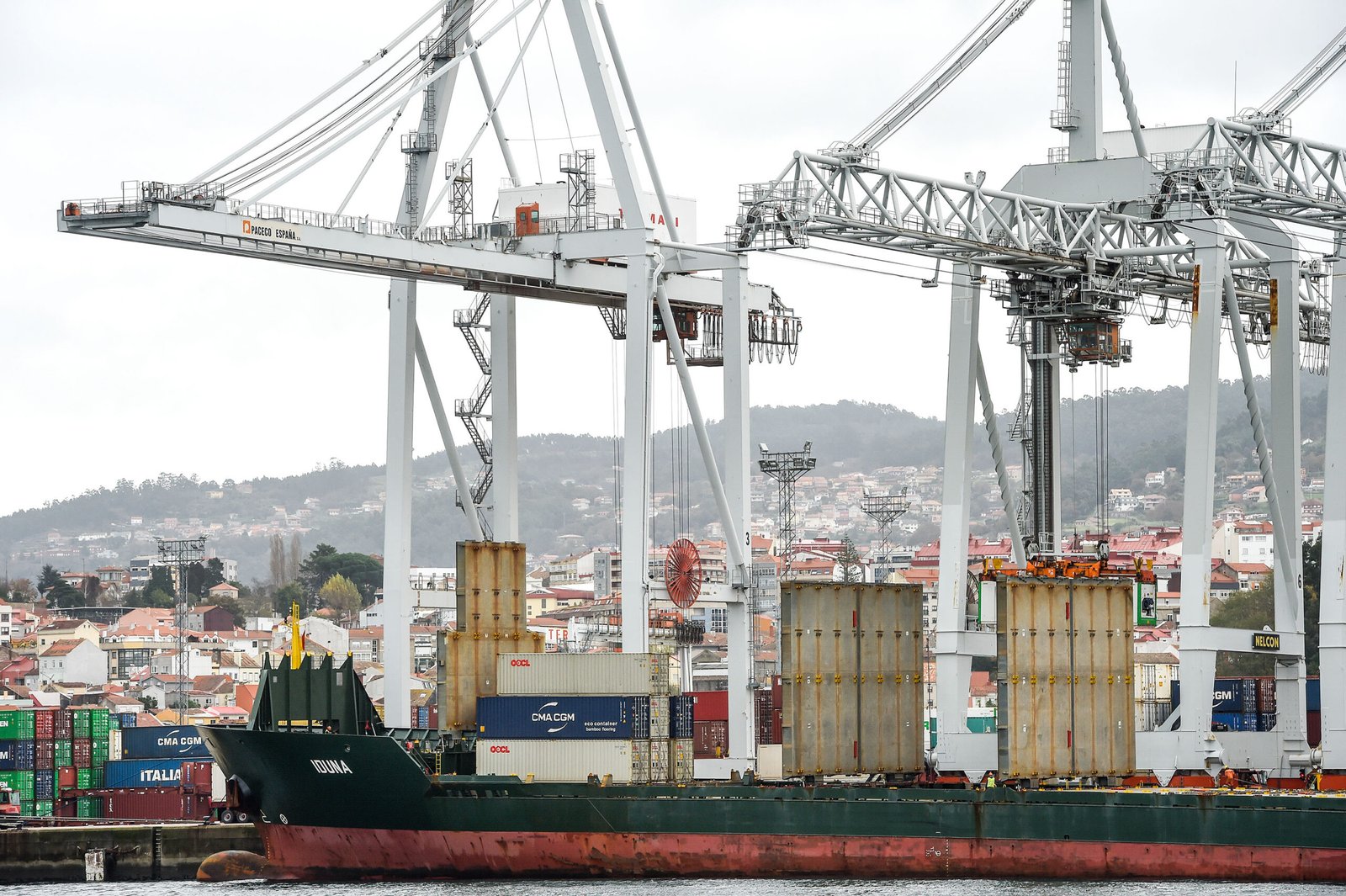Inside BENEO’s new pulse plant: pioneering sustainable protein from faba beans
FAO has long championed the benefits of open, rules-based trade to global food security
The G20 can make a significant contribution to global food security by promoting market transparency, refraining from adopting trade restrictions, and revitalising agricultural negotiations at the World Trade Organization (WTO), QU Dongyu, the Director-General of the Food and Agriculture Organization of the United Nations (FAO), told a G20 meeting of agriculture ministers in Brazil.
FAO has long championed the benefits of open, rules-based trade to global food security. Trade policies that promote openness and reduce barriers not only help stabilise food prices and ensure a steady supply of diverse food products but also foster international cooperation. By participating in trade, countries can exchange knowledge, technology, and best practices, which can help to improve agricultural practices and increase resilience to climate change, Qu said.
According to FAO data analysis, trade facilitates access to higher quantities and lower prices for all foods and significantly contributes to dietary diversity, increasing the number of products supplied by countries twofold. The Director-General said these effects are significant for net food-importing countries, again confirming through data and hard evidence that agricultural trade is essential for global food security and nutrition.
In his remarks to the G20 agricultural ministers’ meeting on Sustainable Food Systems and Agricultural Trade held in Chapada dos Guimarães, the Director-General called on the G20 to continue to promote market transparency, for instance, through the Agricultural Market Information System (AMIS), of which FAO is a key member, and by providing support in the form of data and information.
Qu also highlighted the detrimental effects of trade restrictions, which can disrupt the balance of food supply and demand across different regions. These restrictions not only harm global food security but also create a ripple effect across countries, widening the problem and ultimately undermining global efforts to ensure a stable and affordable food supply for all, he warned.

